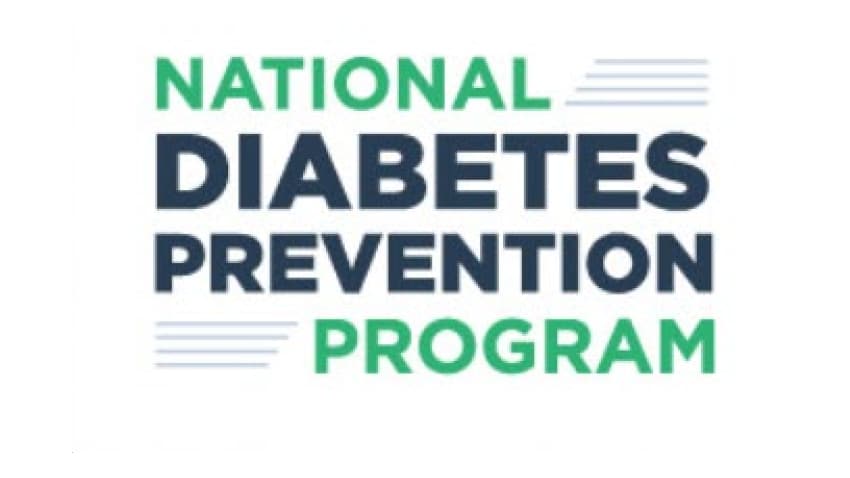At a glance
The National Diabetes Prevention Program (National DPP) is a partnership of public and private organizations. Partners make it easier for people at risk for type 2 diabetes to participate in an evidence-based lifestyle change program to reduce their risk of type 2 diabetes.

Goals of the National DPP
The National DPP works to make it easier for people with prediabetes or at risk of type 2 diabetes to participate in an affordable, high-quality lifestyle change program. The program can help reduce their risk of type 2 diabetes and improve their overall health.
Through the National DPP, partner organizations:
- Deliver the lifestyle change program nationwide
- Ensure quality and adherence to proven standards
- Train community organizations that can run the lifestyle change program effectively
- Increase referrals to and participation in the lifestyle change program
- Increase coverage by employers and public and private insurers
Partners in the National DPP
The National DPP brings together partners from the public and private sectors to prevent or delay type 2 diabetes in the United States. Partners include:
- Federal agencies
- State and local health departments
- National and community organizations
- Employers
- Public and private insurers
- Health care professionals
- University community education programs
- Businesses that focus on wellness
Check out the National DPP Infographic.
Read the Congressional language establishing the National DPP.
Learn about the Key National DPP Milestones.
Key component: the lifestyle change program
Research shows
A key part of the National DPP is the lifestyle change program to prevent or delay type 2 diabetes. The year-long program teaches participants to make lasting lifestyle changes—like eating healthier, adding physical activity into their daily routine, and improving coping skills.
To ensure high quality partnerships, CDC recognizes organizations that meet certain standards and show they can achieve results. These standards include following an approved curriculum, facilitation by a trained Lifestyle Coach, and submitting data every 6 months to show that the program is having an impact.
Go to the Registry of All Recognized Organizations to see a full list of CDC-recognized organizations.
Research behind the National DPP
Congress authorized the National DPP in 2010 because of previous research that demonstrated the potential of the lifestyle change program to prevent or delay the onset of type 2 diabetes.
The Diabetes Prevention Program (DPP) was a major multicenter clinical research study. The intervention involved a lifestyle change program focusing on calorie reduction and increasing physical activity to at least 150 minutes per week. Results from the study showed that this structured lifestyle change program—in which participants achieved weight loss of 5 to 7 percent of their body weight (10 to 14 pounds for a person weighing 200 pounds)—reduced the risk of developing type 2 diabetes by 58 percent in adults at high risk for the disease.
A 10-year follow-up study, The Diabetes Prevention Program Outcomes Study, showed that participants were still one-third less likely to develop type 2 diabetes a decade later than individuals in placebo groups. Those who did develop type 2 diabetes delayed the onset of the disease by about 4 years.
Summaries of additional research studies can be found at CDC's National DPP Coverage Toolkit.
